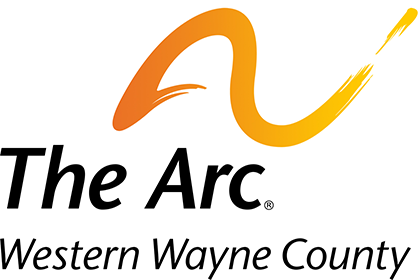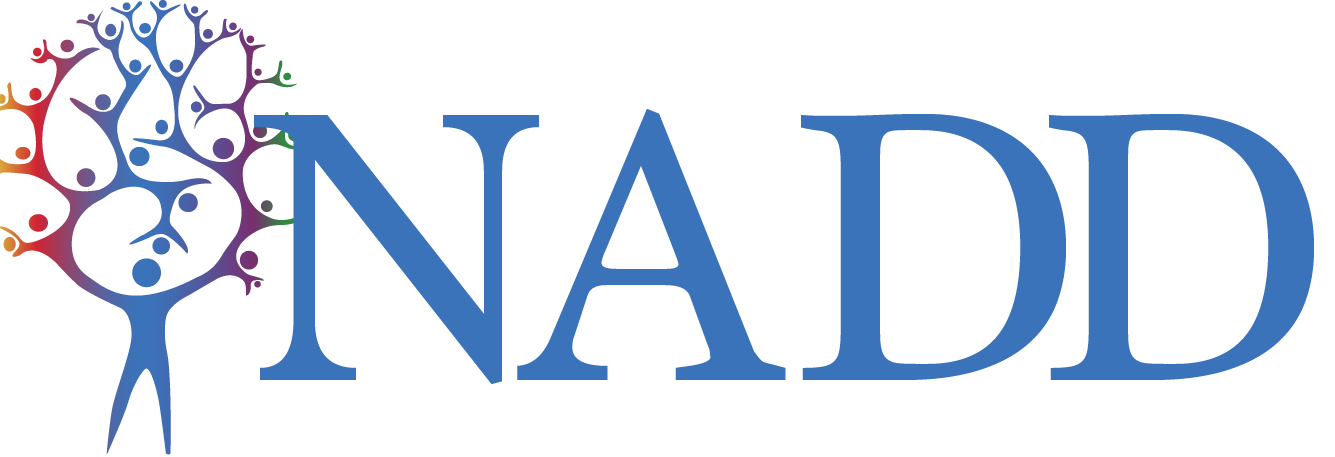Helpline Resource
Online and Automated Telephone Service
Mental Illness and People with Developmental Disabilities
Mental Illnesses are severe disturbances of behavior, mood, thought processes and or social and interpersonal relationships. There are many different types of mental illnesses that are seen in people with developmental disabilities. Some of the most common types are personality disorders, affective disorders, anxiety disorders, psychotic disorders, avoidant disorder, paranoid personality disorder and severe behavior problems.
The rate of mental illness among individuals with developmental disabilities varies considerably. Rates of 10 to 40 percent have been reported for people served by community agencies. Much lower rates of 10 to 20 percent have been reported in large population surveys. The primary reason for such high rates is that personality disorders are common. The single most common mental health problem is poor social skills. Conduct and behavioral problems occur for about one in five people in the community. The rate for affective disorders is about 3 to 6 percent of the general population of people with developmental disabilities.
Extraordinary progress has been made in the last 20 years with regard to the treatment of mental illnesses. However, these advances have been slow to be adapted for use with people with developmental disabilities. There are still many areas where families have great difficulty locating appropriate services. The perception of the problem of mental illness in people with developmental disabilities has affected the delivery of needed services. In the past, emotional disturbances and developmental disabilities were viewed as coexisting and inseparable entities which were untreatable. Eventually, people realized that a developmental disability was not the same as mental illness, and two distinct service systems evolved. Thus, people who had a dual diagnosis were shuttled between the two service systems and, in the process, left unserved.
Today, the needs of the individual with both developmental disabilities and mental illness are still overshadowed by a primary diagnosis of developmental disability. Presently a number of treatment sites and community based programs exist in some places, but are not universally available throughout the United States. Finding appropriate services may require persistence. For information on dual diagnosis services, contact The National Association for People with Dual Diagnosis at 800-331-5362, or visit them online at www.thenadd.org.
Phone code: 1708
The rate of mental illness among individuals with developmental disabilities varies considerably. Rates of 10 to 40 percent have been reported for people served by community agencies. Much lower rates of 10 to 20 percent have been reported in large population surveys. The primary reason for such high rates is that personality disorders are common. The single most common mental health problem is poor social skills. Conduct and behavioral problems occur for about one in five people in the community. The rate for affective disorders is about 3 to 6 percent of the general population of people with developmental disabilities.
Extraordinary progress has been made in the last 20 years with regard to the treatment of mental illnesses. However, these advances have been slow to be adapted for use with people with developmental disabilities. There are still many areas where families have great difficulty locating appropriate services. The perception of the problem of mental illness in people with developmental disabilities has affected the delivery of needed services. In the past, emotional disturbances and developmental disabilities were viewed as coexisting and inseparable entities which were untreatable. Eventually, people realized that a developmental disability was not the same as mental illness, and two distinct service systems evolved. Thus, people who had a dual diagnosis were shuttled between the two service systems and, in the process, left unserved.
Today, the needs of the individual with both developmental disabilities and mental illness are still overshadowed by a primary diagnosis of developmental disability. Presently a number of treatment sites and community based programs exist in some places, but are not universally available throughout the United States. Finding appropriate services may require persistence. For information on dual diagnosis services, contact The National Association for People with Dual Diagnosis at 800-331-5362, or visit them online at www.thenadd.org.
Phone code: 1708


